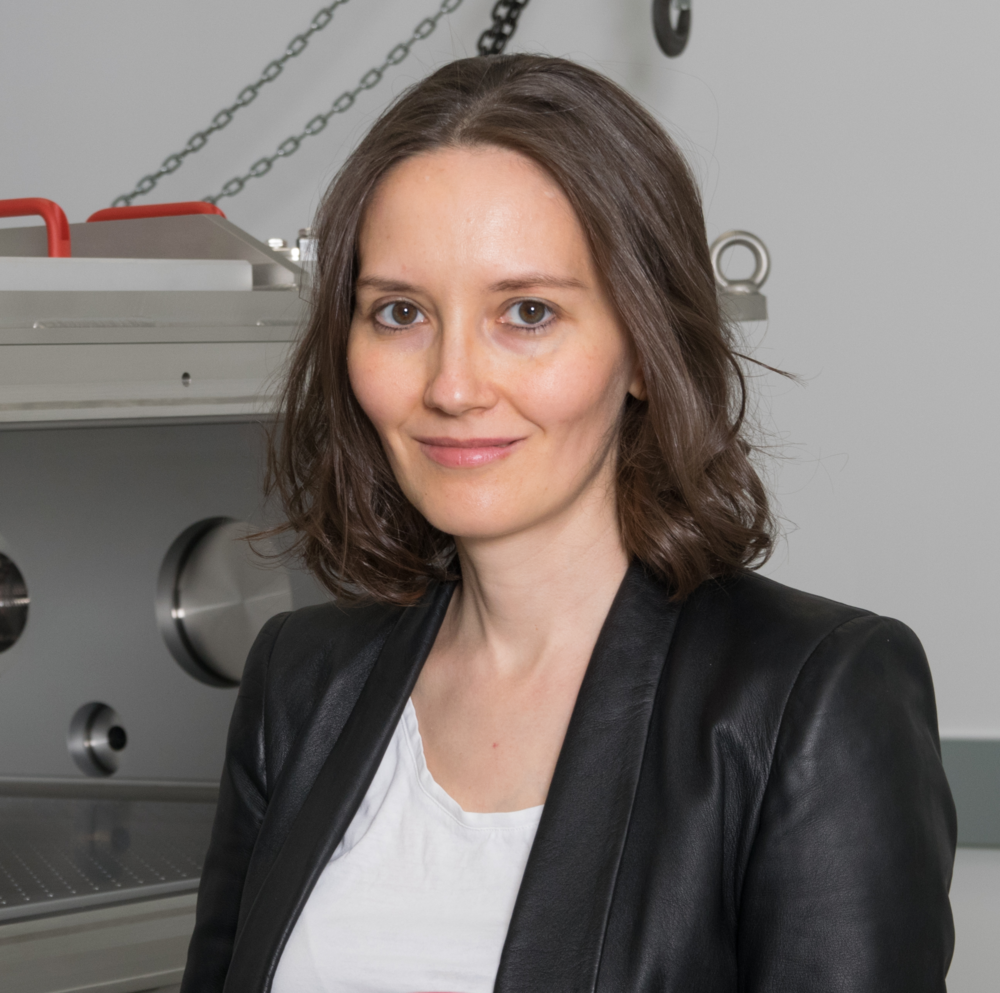Julia Mikhailova
Princeton University
Seminar Information
Time: Apr 14, 2021 10:45 AM Pacific Time (US and Canada)
Zoom Meeting ID: 997 2462 2857
Recording is available. Please contact Jake at j1blair@eng.ucsd.edu

Driven by relativistically intense light, the plasma mirrors – microscopic transient reflectors formed at solid surfaces exposed to strong laser fields – can generate broadband spectra of higher harmonics. Relativistic plasma harmonics may fill the gap between petawatt-class infrared laser facilities and x-ray free-electron lasers and serve as diagnostics for high-energy-density plasmas hard to probe by other means. In my lab at Princeton, we use a terawatt near-infrared laser to produce relativistic harmonics and study their properties in experiment, theory, and numerical particle-in-cell simulations. I will explain key spectral features of this radiation in terms of an electron-bunch-width-corrected coherent synchrotron emission model in a broad set of conditions. I will also discuss the efficiency limits of harmonic generation by plasma mirrors and describe the ways to increase it in ongoing experiments.
Julia Mikhailova is an Assistant Professor at the Department of Mechanical and Aerospace Engineering and Associated Faculty with the Andlinger Center for Energy and the Environment, and the Plasma Physics Division of the Department of Astrophysical Sciences at Princeton University. At Princeton, she leads a research program in strong-field and ultrafast laser physics supported by the NSF and DOE (https://www.mikhailovalab.
